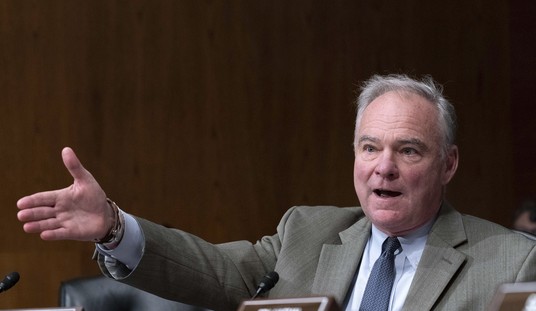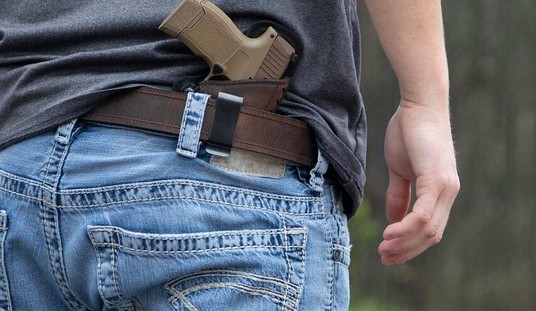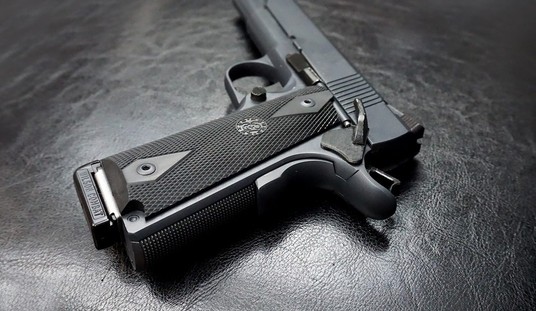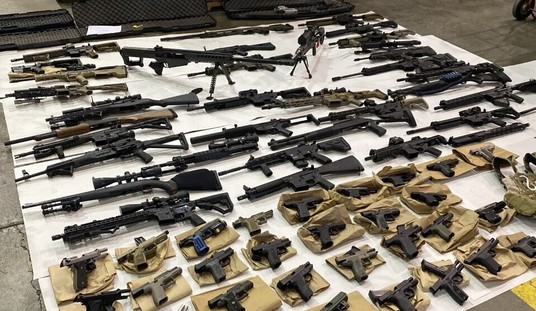In a crisis, seconds count. Take Parkland, for a moment. How many more lives might have been saved with just a few more moments of warning? Could the school have locked down earlier, thus preventing the killer from gaining entry?
Honestly, we could drive ourselves nuts trying to “what if” something like that.
A man in Florida, though, did a bit of “what if” and came up with something he thinks will change everything. It’s an AI program that can reportedly recognize firearms.
Colin O’Reilly, HawkAi Technologies: “This is unbelievable, and it’s only the beginning.”
After the Parkland massacre, Colin and Sal Salman wanted to create artificial intelligence to detect guns.
Sal has done it.
Sal Salman, gun detection creator: “For schools, we are giving them valuable seconds, which could save lives.”
Sal’s software can be connected to all the surveillance cameras at a facility and will send an alert if a gun is detected.
Sal Salman: “Priceless. It’s just priceless.”
The pair then tested it for the reporter, first with just an AR-15 and then with Colin standing in front of a jungle gym, which didn’t fool the software.
Plus, it apparently can initiate a lockdown procedure at a school.
The detection of the gun is just the beginning.
As the alerts go out, the software can even start protecting the people inside the building.
Sal Salman: “We integrate with different door controls to be able to lock the front doors. We are able to talk on the PA system with an artificial intelligence voice system giving the command for all the students to lock down.”
Now, the gun has to be exposed for the system to work. It doesn’t apparently detect concealed weapons. They say they’re working on it.
Unfortunately, that could create problems. For example, a police detective with a concealed firearm may just trigger a lockdown just from stopping by the school to pick his kid up for a doctor’s appointment.
Don’t get me wrong, I think the idea has some interesting merit. The idea of giving people a few more moments to react alone could be huge.
The problem is that false positives may well become far more common, thus making lockdowns little more than an annoyance. That bring familiarity with lockdowns, which tends to proceed contempt. After a while, the lockdowns may not mean anything to students or staff and they’ll ignore it. What happens when it’s actually for real after years of false alarms?
These are the problems that Salman and O’Reilly will need to think about as they go forward with this effort. Assuming they can get the bugs worked out, it could be a game-changer for keeping our children safe. My concern, though, is that the problems may be so insurmountable that it never works as advertised and, instead, we get still more reason to panic kids and train future mass shooters.
This bit of technology is something we should all keep our eyes on. It could be a benefit or bane when it’s all said and done, so we should definitely watch to see which it’ll end up being.








Join the conversation as a VIP Member